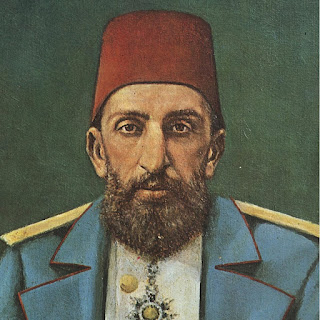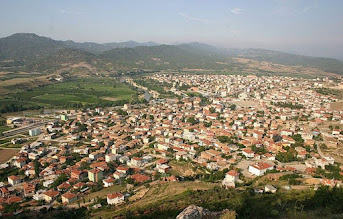Vitamin C, also known as ascorbic acid, is a vital nutrient that plays an essential role in maintaining the health of our bodies. It is a water-soluble vitamin that cannot be produced by our bodies, and thus, we need to consume it through food or supplements.
Vitamin C is well-known for its immune-boosting properties, but it is also responsible for various other functions such as the formation of collagen, wound healing, and the absorption of iron. When we lack vitamin C, our bodies can experience several adverse effects. Here are 11 things that happen to your body when you lack vitamin C.
1. Weak Immune System
One of the primary functions of vitamin C is to boost our immune system. It helps our body produce white blood cells that fight against infections and diseases. When we lack vitamin C, our immune system becomes weak, and we become more susceptible to infections and illnesses.
2. Fatigue and Weakness
Vitamin C plays an important role in the production of carnitine, a molecule that helps our body convert fat into energy. When we lack vitamin C, our body is unable to produce enough carnitine, leading to fatigue and weakness.
3. Slow Wound Healing
Vitamin C is essential for collagen synthesis, which is an essential protein that helps in the healing of wounds. When we lack vitamin C, our body produces less collagen, leading to slower wound healing.
4. Dry Skin and Hair
Collagen is also responsible for keeping our skin and hair healthy and hydrated. When we lack vitamin C, our body produces less collagen, leading to dry, rough skin and brittle hair.
5. Joint Pain
Vitamin C is known for its anti-inflammatory properties that help reduce joint pain and swelling. When we lack vitamin C, our body produces less collagen, leading to weaker joints and increased joint pain.
6. Easy Bruising
Collagen
is responsible for maintaining the strength and elasticity of our blood
vessels. When we lack vitamin C, our body produces less collagen, leading to
weaker blood vessels and increased bruising.
7. 1. Mood Swings
Vitamin C plays a crucial role in the production of neurotransmitters, such as dopamine and serotonin, which are responsible for regulating our mood. When we lack vitamin C, our body produces less neurotransmitters, leading to mood swings and depression.Vitamin C plays a crucial role in the production of neurotransmitters, such as dopamine and serotonin, which are responsible for regulating our mood. When we lack vitamin C, our body produces less neurotransmitters, leading to mood swings and depression.
8. Gum Disease
Vitamin C
plays an important role in maintaining the health of our gums. It helps in the
production of collagen, which is responsible for keeping our gums healthy and
preventing gum disease. When we lack vitamin C, our gums become weak, leading
to gum disease and tooth loss.
8. Iron Deficiency
Vitamin C plays a crucial role in the absorption of iron from our diet. When we lack vitamin C, our body is unable to absorb enough iron, leading to iron deficiency anemia.
9. Increased Risk of
Chronic Diseases
Vitamin C
deficiency has been linked to an increased risk of chronic diseases such as
cancer, heart disease, and stroke. This is because vitamin C acts as an
antioxidant, protecting our body from free radicals that can damage our cells
and DNA.
Vitamin C is a vital nutrient that plays several important roles in our body. When we lack vitamin C, our body can experience several adverse effects, including a weak immune system, fatigue, slow wound healing, dry skin and hair, joint pain, mood swings, easy bruising, gum disease, iron deficiency, swollen and bleeding gums, and an increased risk of chronic diseases. To ensure that your body.

.jpg)

















.jpg)









